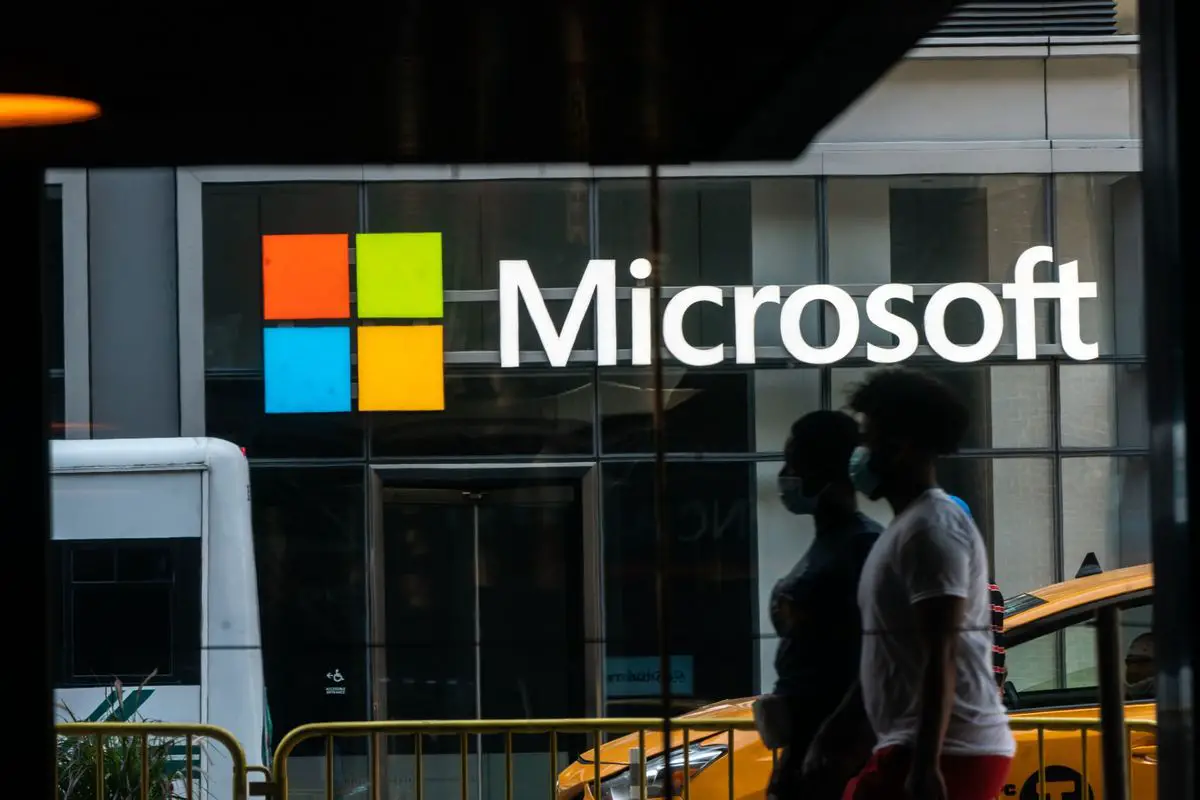Microsoft confirmed that it has initiated the process of acquiring RiskIQ, a San Francisco-based cybersecurity company dedicated to providing threat intelligence solutions and cloud-based software as a service to organizations.
While the transaction is still ongoing, recent reports indicate that it is a big-money deal that would integrate a bolstering of Microsoft’s cloud services.
Microsoft will pay more than $500 million with this deal
After several previous reports that fueled the rumor, Microsoft confirmed to the press that they are indeed in the middle of this business transaction, without specifying further details about the figures involved. However, Bloomberg previously reported that Microsoft will pay more than $500 million in cash for the company.
The transaction will integrate RiskIQ’s threat intelligence services into Microsoft’s flagship security products, such as Azure and other services, as a reinforcement amid the growing demand for security solutions, particularly in organizational and general workplace environments, which have undergone accelerated digitization over the past period.

As a service, RiskIQ performs deep web crawls to map detailed information about portals and networks, domain name registrations, certificates, WHOIS records, and other data, which are used to assess which sections of a company’s IT systems may be accessible beyond its firewalls. According to RiskIQ’s website, its clients include Facebook, BMW, American Express, and USPS, the U.S. Postal Service.
With systems of this kind, businesses of any scale can safeguard their digital resources, delimiting the areas potentially susceptible to a computer attack.
In addition to being offered as a commercial service to third parties, the act of implementing RiskIQ’s technology in Microsoft’s core products, which currently serve everything from everyday communication spaces to complex system infrastructures, will give them greater control over potential global threats that have begun to proliferate in the digital environment, such as ransomware attacks, to name just one example.





